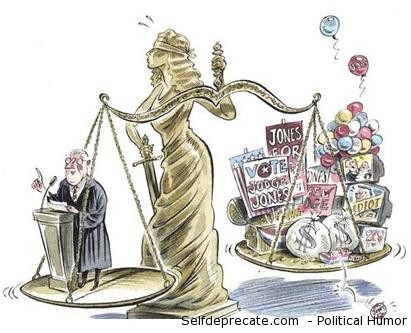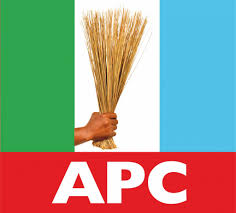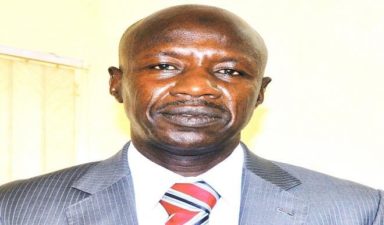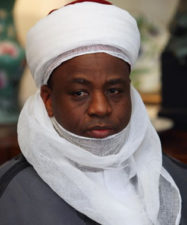“Nigerians in the diaspora, who have long held a strong connection to their homeland, now witness a Nigeria facing challenges that threaten the very essence of its democratic values. The concern is palpable among those abroad, and the actions taken within the country reverberate globally, affecting the perception of Nigeria as a stable and democratic nation.”
The recent string of court rulings leading to the removal of opposition governors has raised concerns about the impartiality of the judiciary and the potential erosion of Nigeria’s democratic principles. The most recent case involving Governor Caleb Mutfwang of Plateau State is particularly alarming, with critics suggesting a calculated move by the ruling All Progressives Congress (APC) to consolidate power.
Ambassador Iliya Damagum, the Acting National Chairman of the Peoples Democratic Party (PDP), rightly expressed his concerns about a perceived plot to undermine democracy. The allegations of attempts to cripple democracy, suppress the Rule of Law, and turn Nigeria into a one-party state cannot be taken lightly.
The situation becomes even more troubling when considering the deliberate attempt to remove Governor Abba Kabir Yusuf of Kano State from the New Nigeria Peoples Party (NNPP). Yusuf had initiated positive changes, breathing fresh air into Kano State, and yet he now faces removal, allegedly driven by federal interests seeking to control the state at the expense of its citizens.
It is essential to remind the government of the constitutional principle of party independence from the government. The Nigerian constitution enshrines the right for political parties to operate independently without interference from the ruling government. Using the judiciary as a tool to suppress opposition undermines the democratic values that Nigeria holds dear.
The outcry on social media reflects the concerns of the citizens who fear that justice is being compromised for political gain. Tweets questioning the impartiality of court verdicts and expressing worries about Nigeria turning into a one-party state should not be dismissed lightly. Nigerians are demanding transparency, fairness, and adherence to the principles that uphold the nation’s democracy.
As the government navigates the political landscape, it is crucial to consider the long-term consequences of these actions. Posterity will indeed judge the decisions made today. The removal of elected officials through what appears to be politically motivated judicial decisions sends a chilling message to those who dare to challenge the status quo.
Despite the political intimidation, the resilience of the Nigerian people and the commitment to democracy have not wavered. Since the current government came into power in May 2023, the promised positive changes have yet to materialize. It is time for the government to prioritize the democratic values that form the foundation of Nigeria’s governance and address the concerns raised by its citizens.
These questionable judicial interventions in Nigeria’s political landscape send a disconcerting signal to the international community and Nigerians in the diaspora. Nigeria, often regarded as the giant of Africa, is now facing scrutiny as it appears to be governed by a cohort willing to compromise democratic principles for political gain.
The international community, which looks to Nigeria as a beacon of democracy on the African continent, may question the nation’s commitment to upholding the rule of law and protecting the rights of its citizens. The actions of removing elected officials through what seems to be politically motivated judicial decisions tarnish the hard-earned image that our forefathers sacrificed their blood to achieve.
Nigerians in the diaspora, who have long held a strong connection to their homeland, now witness a Nigeria facing challenges that threaten the very essence of its democratic values. The concern is palpable among those abroad, and the actions taken within the country reverberate globally, affecting the perception of Nigeria as a stable and democratic nation.
The international reputation of Nigeria is at stake, and it is imperative for the government to consider the broader implications of its decisions. Upholding democratic values not only secures the nation’s standing on the global stage but also ensures that the sacrifices of past generations are honored, preserving the legacy of a Nigeria built on the principles of justice and fairness. The world is watching, and the government’s choices will undoubtedly shape Nigeria’s standing in the eyes of the international community for years to come.
The government must ensure that the judiciary remains independent and free from political interference. Upholding the principles of democracy and respecting the constitutional rights of opposition parties is not only a moral obligation but a safeguard against eroding the very fabric of the nation’s democratic ideals. The eyes of Nigerians and history are watching, and the government must choose the path that aligns with the principles of justice and fairness.
* Joseph writes from Hull City, United Kingdom




